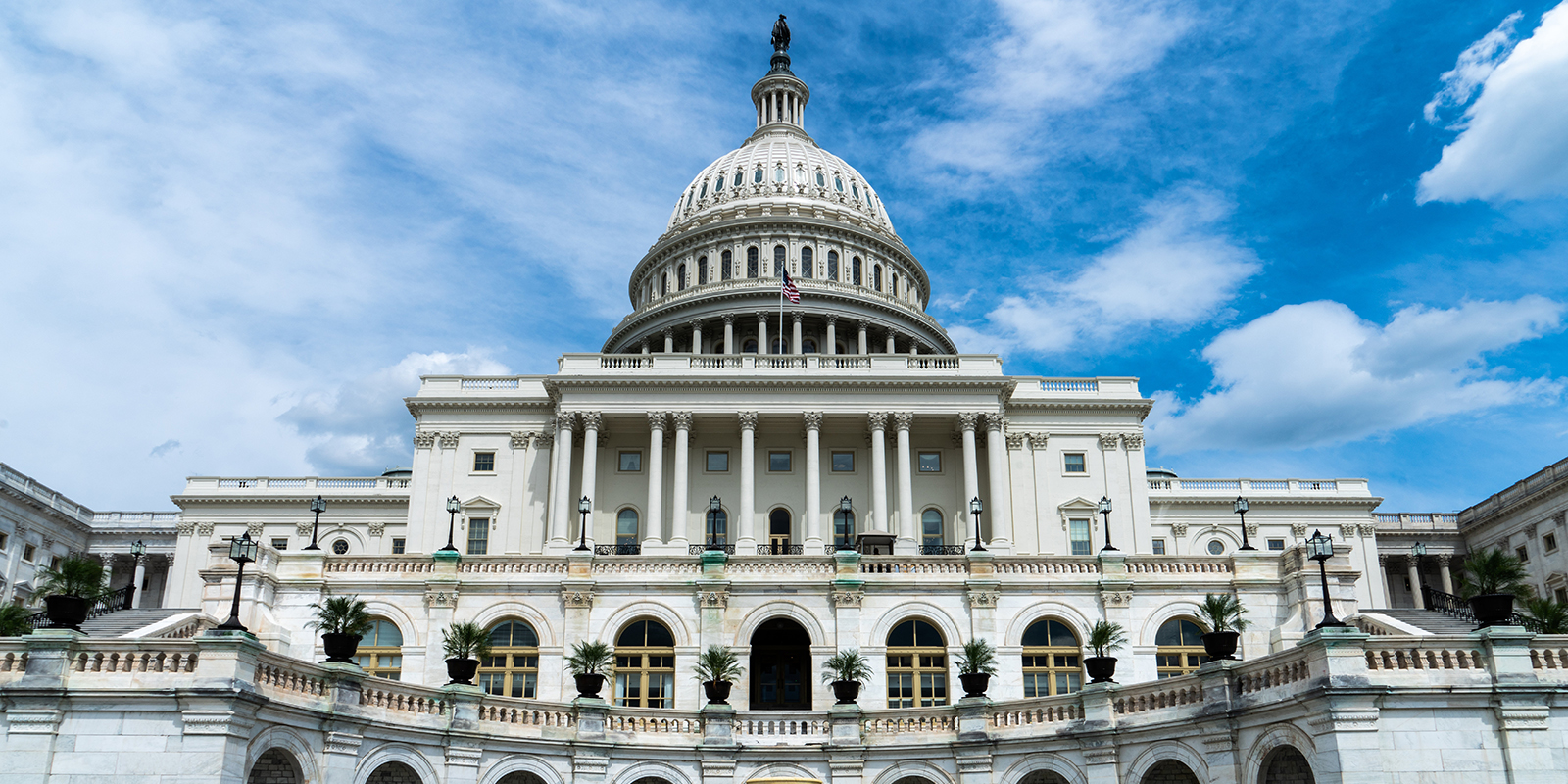Bipartisan Support for Board Protection
SHARE:
Though NASBA Past Chair K. Michael Conaway is ending his service as a U.S. Representative (R-TX), he is not leaving without introducing the Occupational Licensing Board Antitrust Damages Relief Act of 2020 (H.R.8680), cosponsored by Jamie Raskin (D-MD) and David Cicilline (D-RI) on October 23, 2020. A modified version of the Occupational Licensing Board Antitrust Damages Relief and Reform Act of 2018, also introduced by Congressman Conaway, the 2020 bill is to “provide immunity from liability under Section 4 of the Clayton Act for damages in cases against occupational licensing boards that meet appropriate standards, to provide for the establishment of those standards, and for other purposes.” The bill was referred to the House Judiciary Committee.
For immunity to apply to a state board under this legislation, the following standards need to be met:
- The state has in effect a law that requires an occupational license to engage in or practice the occupation regulated by such board; specifies the qualifications required to be met to obtain such license; and requires the licensee adhere to the applicable standards of practice and ethical standards to engage in or practice such occupation;
- All members of such board be appointed or assigned by the chief executive officer, the legislature, or other elected officer of such State;
- Such board include public representation; and
- Such state or such board has in effect a mechanism under which a person aggrieved by an action of such board has the right: to contest such action at a hearing before such board at which such person may provide evidence, argument, and analysis; to review, at a reasonable time before the hearing, all evidence that such board gathers relating to such action; to receive a final reasoned decision in writing from such board within a reasonable period after the hearing; and to appeal an adverse decision of such board to an independent adjudicator, including a court.
Congressman Conaway commented: “This legislation ensures that members of state licensing boards will continue to serve the state without fear of personal liability. I am pleased to be working with Representatives Raskin and Cocilline on this bipartisan initiative and encourage my colleagues on both sides of the aisle to support our legislation.”
A letter in support of the proposed legislation was sent to the sponsoring Congressmen by a dozen organizations which represent state licensing boards, including NASBA. They wrote: “In 2015, in North Carolina State Board of Dental Examiners v. Federal Trade Commission, the U.S. Supreme Court ruled that the North Carolina Dental Board was not entitled to ‘state action’ immunity from antitrust laws because its actions were not actively supervised by the state. Passage of this legislation will ensure that all volunteer members, including those representing the public, of state regulatory boards are not deterred from civic-minded service because of the potential for personal monetary damages.”
NASBA Director of Legislative and Governmental Affairs John Johnson told the NASBA Annual Meeting that even though the legislation was filed at the end of the 116th Congress, he is confident it will be refiled at the beginning of the 117th Congress. “Stay tuned and we will let you now how you can help,” he stated.
Mr. Johnson also alerted the Boards to two recent legal cases to consider. The case of Elias Zarate v. The Tennessee Board of Cosmetology and Barber Examiners involves whether or not the requirement of a high school diploma for the practice of barbering is enforceable under the state’s law https://scholar.google.com/scholar_case?case=15061334669882773232&hl=en&as_sdt=6&as_vis=1&oi=scholarr. The second case, D. Blaine Leeds and Smiledirectclub, LLC, v. Board of Dental Examiners of Alabama, is an appeal questioning whether the State of Alabama actively supervised and challenged regulation and enforcement actions of the Board of Dental Examiners. https://www.ftc.gov/system/files/documents/amicus_briefs/d-blaine-leeds-smiledirectclub-llc-v-jackson-et-al/leeds-v-jackson_ca11_ftc_amicus_brief_9-11-19.pdf.
As state budgets have been cut, Mr. Johnson warned the State Boards that occupational licensing reform may be a topic raised in their jurisdictions. Executive orders issued in response to COVID-19 have waived some occupational licensing requirements and those waivers could become permanent. He urged the Board members to complete the Legislative Support Committee’s key person contact poll.







